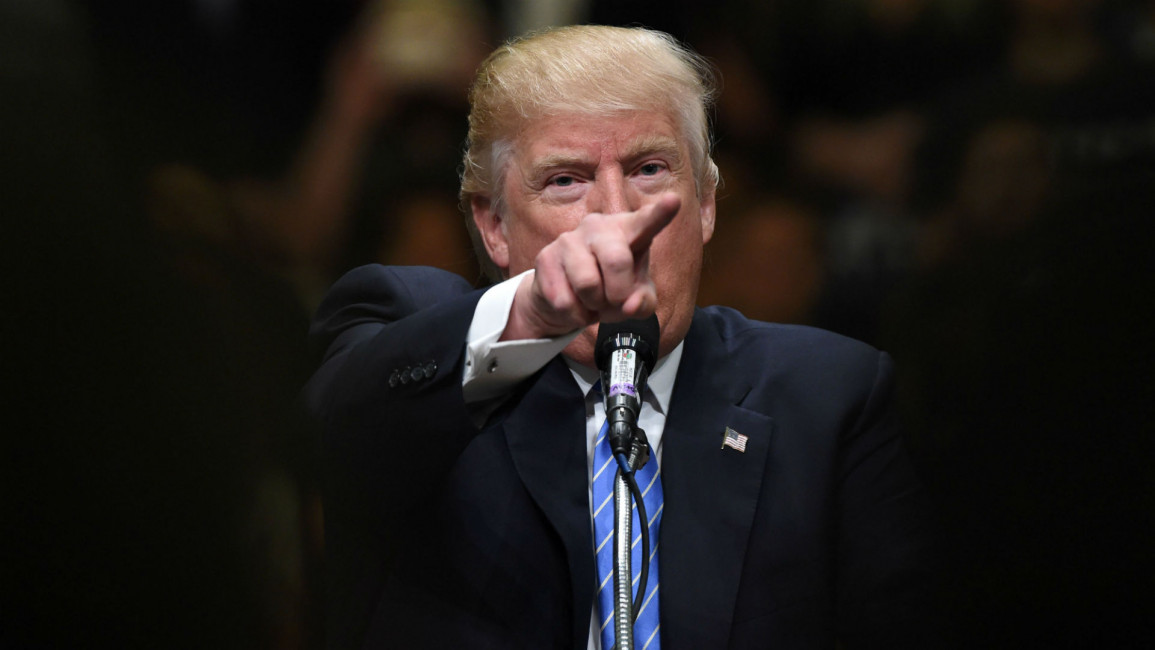Trump again slams OPEC for 'artificially' high oil prices
"Oil prices are too high, OPEC is at it again. Not good!" he wrote on Twitter.
Oil prices peaked this year in late May, hitting the $80 per barrel ceiling on the Brent futures contract.
Traders are holding their breath for the 22 June meeting of oil ministers from OPEC member states in Vienna, where producers are seen as likely to raise production.
Following Trump's outburst, Iran accused him of stoking volatility after the US withdrew from the nuclear pact with Tehran.
Iran's OPEC governor, Hossein Kazempour Ardebili, fired back: "You cannot place sanctions on two OPEC founder members and still blame OPEC for oil price volatility," he said in a statement to Reuters, referring to his country and Venezuela. "This is business, Mr. President - we thought you knew it."
In April Saudi Energy Minister Khaled al-Faleh said the global market has the capacity to absorb higher oil prices - a remark that drew a swift reaction from Trump.
"With record amounts of Oil all over the place, including the fully loaded ships at sea, Oil prices are artificially Very High! No good and will not be accepted!" Trump tweeted on 20 April.
OPEC producers and non-OPEC countries struck a deal in 2016 to trim production by 1.8 million barrels per day to reduce a global glut of oil.
Twitter Post
|
The deal, which is due to run out at the end of 2018, has succeeded in boosting oil prices above $70 a barrel from below $30 a barrel in early 2016.
Before oil took a swift downturn in mid-2014, the price of Brent crude had in the years prior traded consistently above $100 per barrel.
High oil prices make fracking more economically viable for the US, now the third largest producer of oil worldwide. However, high prices also hit businesses and consumers with more costs that are a drag on the US economy.
Agencies contributed to this report.
Follow us on Twitter: @The_NewArab


![President Pezeshkian has denounced Israel's attacks on Lebanon [Getty]](/sites/default/files/styles/image_684x385/public/2173482924.jpeg?h=a5f2f23a&itok=q3evVtko)



 Follow the Middle East's top stories in English at The New Arab on Google News
Follow the Middle East's top stories in English at The New Arab on Google News


